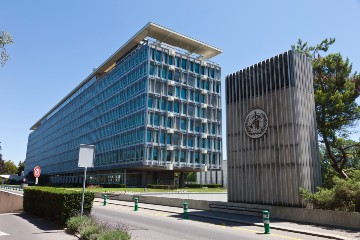What role will negotiation teams and coalitions have in the World Health Organization (WHO) negotiating a global Pandemic Treaty?
On May 3, 2021, the WHO Director-General Dr Tedros Adhanom Ghebreyesus said, "The one recommendation that I believe will do most to strengthen both WHO and global health security is the recommendation for a treaty on pandemic preparedness and response."
On November 29, 2021, the Ministers from the WHO's 194 member states plan to meet and decide whether to start negotiations on the pandemic treaty. If the treaty negotiations do commence they will also involve a multitude of coalitions and negotiation teams. So how do you manage coalitions and negotiation teams, who might seek to obstruct and delay by using tactics that include adding new issues, withholding information, and preventing proposals or votes from gaining momentum?
Firstly, start by looking for ways to create a narrative that is mutual and neutral, which Tedros did in his statement, "We need to turn that very thing that has exposed us in this pandemic, our interconnectedness, we need to turn that into a strength,"
Secondly, meet early and often prior to the formal negotiations to jointly design the negotiation process and to understand how areas of differing interests and mistrust can be made more manageable. Also consider agreeing to let the lead negotiators caucus in private, or with an agreed intermediary. This way additional process options become available, allowing for the sharing of information about underlying interests, and the creation of face saving options for any deadlocks.
Thirdly, when designing a negotiation team, aim, as a minimum, to have two lead negotiators; one with the experience and knowledge to manage ‘what’ the negotiation is about, and a second with the situational awareness and behaviours to collaboratively support ‘how’ the negotiation is being managed.
Considering that it took the WHO four years of negotiations to agree on an international health treaty on Tobacco Control, agreement on a global pandemic treaty is not likely to happen quickly. Let’s hope that humanity’s common ground and a well-designed negotiation process can result in a Global Pandemic Treaty. Its success will help to remove the vulnerabilities that caused this pandemic, and by doing so will have also reduced the risk of future global pandemics.
Self-coaching tips
- Issue a joint communique which commits to an agreed process that is framed as mutual and neutral.
- Build and maintain rapport by anchoring and revisiting the common ground.
- Map backwards as the other side to understand how they would manage the negotiation process and what would be needed to get them to say ‘yes’ to you!

